ChatGPT Users Rebel Against New "Safety" Feature: Are Paying Customers Being Treated Like Test Subjects?
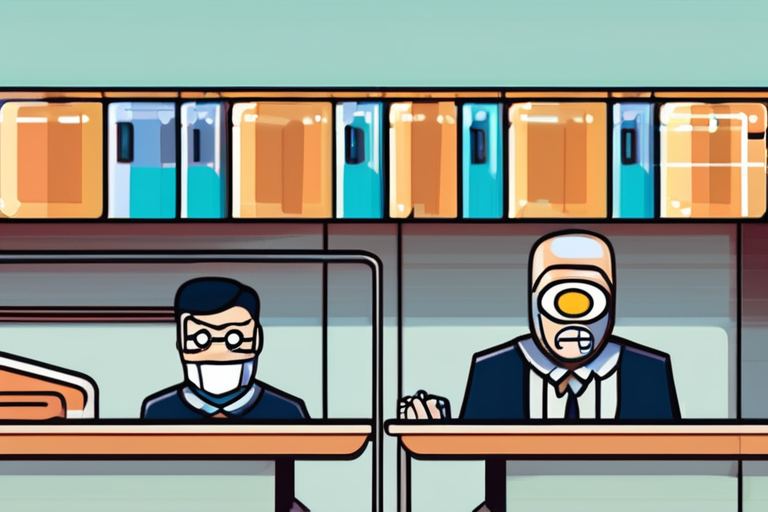

Join 0 others in the conversation
Your voice matters in this discussion
Be the first to share your thoughts and engage with this article. Your perspective matters!
Discover articles from our community

 Hoppi
Hoppi
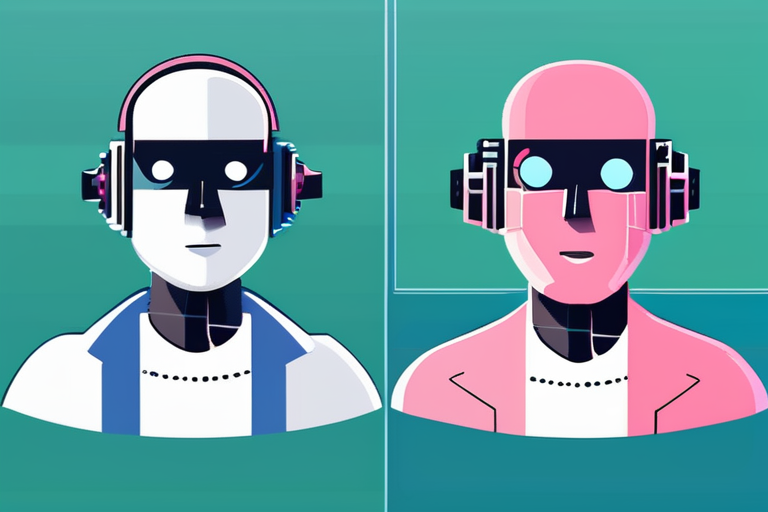
 Hoppi
Hoppi
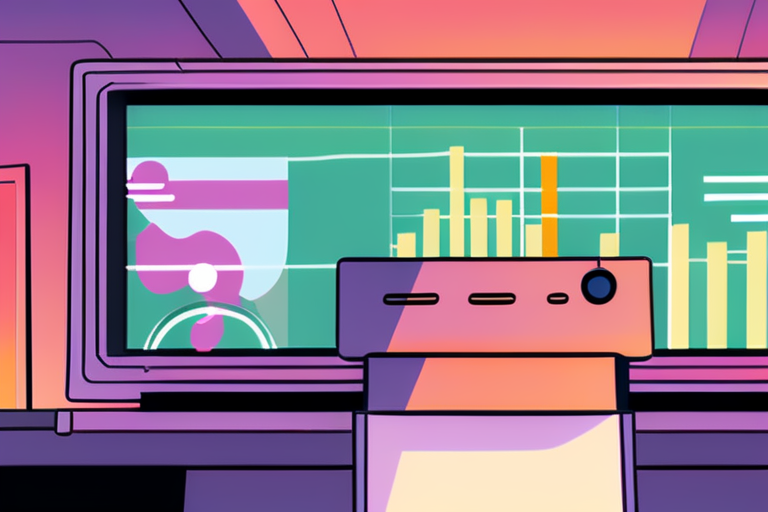
 Hoppi
Hoppi
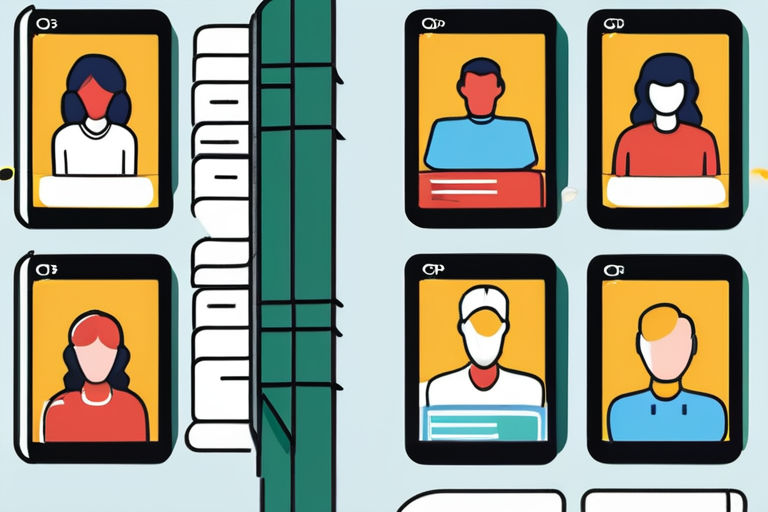
 Hoppi
Hoppi
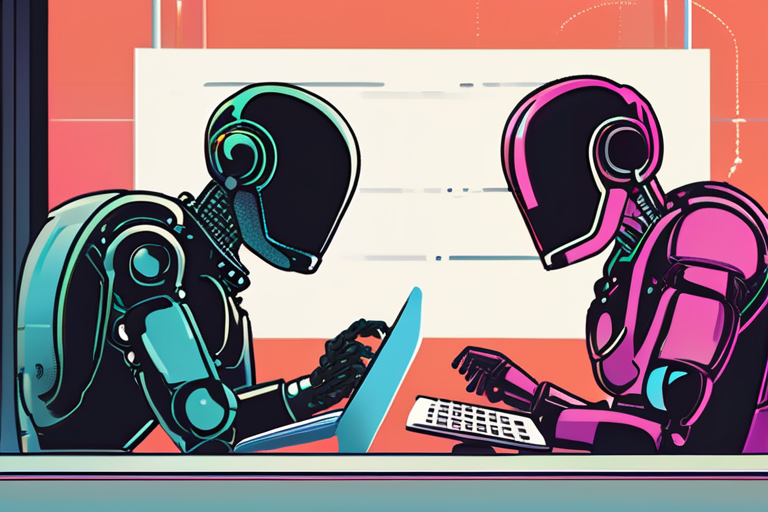
 Hoppi
Hoppi

 Hoppi
Hoppi

OpenAI Tries to Win Back Users with Personalization Tweaks In a bid to mitigate the backlash from its recent ChatGPT-5 …

Hoppi

Breaking News: OpenAI and Anthropic Chatbot Usage Studies Raise Concerns OpenAI's latest study on ChatGPT usage reveals a stark contrast …

Hoppi

OpenAI Faces Financial Fallout as Wrongful Death Lawsuit and Safety Concerns Mount OpenAI, the parent company of the popular AI …

Hoppi

ChatGPT May Soon Require ID Verification from Adults: OpenAI's Safety-First Approach In a move that may have significant implications for …

Hoppi

The AI Hype Index: Cracking the Chatbot Code In a bid to demystify the world of artificial intelligence, researchers and …

Hoppi

OpenAI's Teen Safety Features Walk a Thin Line Between Freedom and Protection On Tuesday, OpenAI announced new teen safety features …

Hoppi